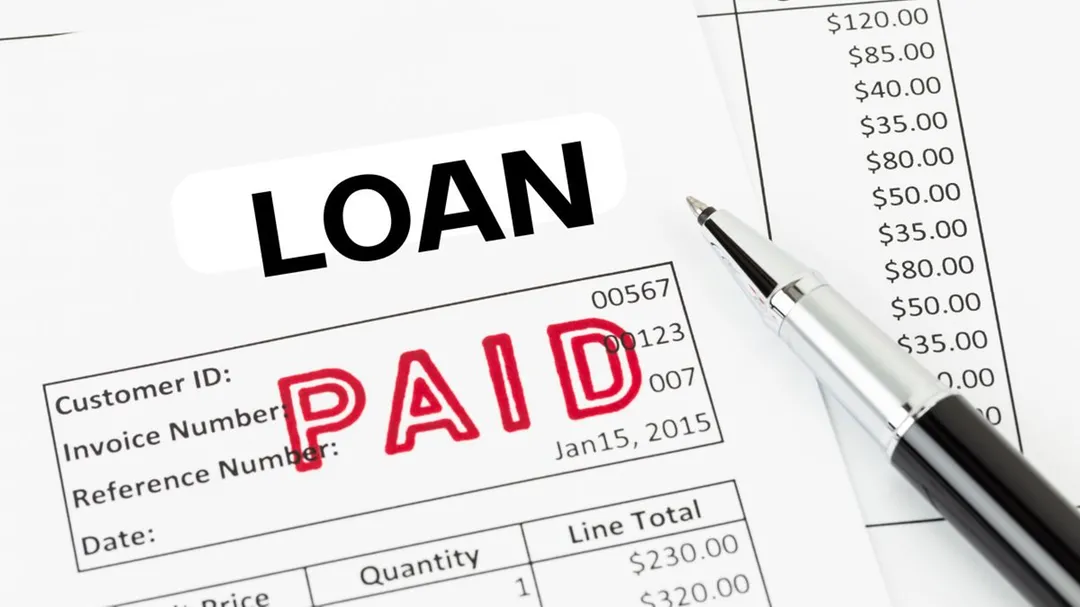TheFinQ.com is designed to be your one-stop destination for everything related to cards, loans, and investment products across India. We help you compare and choose the best financial products that suit your needs, including:

If you’re currently paying EMIs on a personal loan and want to get rid of it early, you’re not alone. Many people in India want to free themselves from loan burdens as soon as possible. By closing your personal loan early, you can save on interest and improve your financial health. But there are certain steps, rules, and charges you should know before taking this smart step.
Let’s understand everything simply and clearly.
Pre-closure means you repay the entire loan amount before the full loan tenure ends. For example, if you took a loan for 5 years but decide to repay it in 2 years, it’s called pre-closure. This helps you avoid paying future interest and brings peace of mind.
Most banks allow pre-closure only after you have paid at least 12 EMIs. Some lenders may allow early pre-closure depending on the terms of your loan agreement. If you try to close the loan before the minimum lock-in period, the bank may charge a penalty or not allow it at all.
So, check your loan agreement carefully or call customer care before planning.
Follow these easy steps to close your personal loan:
Most banks do not offer personal loan pre-closure online. You must go to the nearest branch of your lender.
Take these documents with you:
At the branch, ask for the pre-closure request form. Fill in the details and attach the documents.
Pay the outstanding principal, along with any interest or pre-closure charges. This may also include GST.
After payment, take the official payment receipt from the bank as proof.
The bank will issue a No Objection Certificate (NOC) and a Loan Closure Certificate in a few working days. These documents confirm that your loan is officially closed.
Banks and NBFCs charge a fee if you close your personal loan early. The amount depends on when you are closing the loan.
Here’s a general idea:
These rates may differ based on the bank, loan amount, and loan type. Don’t forget that GST (currently 18%) is also added to the pre-closure charge.
Contact your bank before going for pre-closure and ask about:
Even after paying the full loan amount, your job is not done. You must follow these important steps to stay safe and protect your credit score.
These are official documents from the bank saying you don’t owe anything now. They are proof of closure and help avoid future issues.
After a few weeks, check your credit report (from CIBIL, Experian, etc.) and see if your loan is marked as ‘closed’. If not, raise a complaint.
Keep all papers related to the loan, including:
These documents may be needed later for future loans or credit card applications.
While pre-closing a personal loan is mostly a good decision, it may not always make sense. You may avoid it in these cases:
Always calculate the total savings versus total cost before deciding.
Sources: Navbharat Times, BankBazaar
Disclaimer: Loan rules and charges may differ from bank to bank. Please check with your lender for the latest terms and exact charges before pre-closing any personal loan.